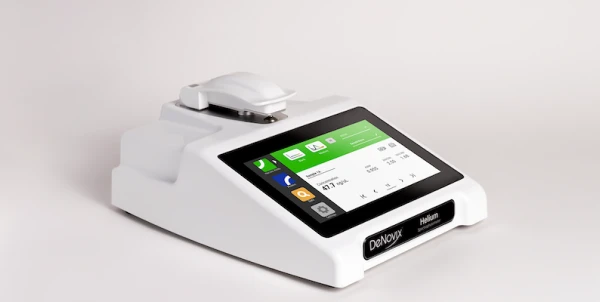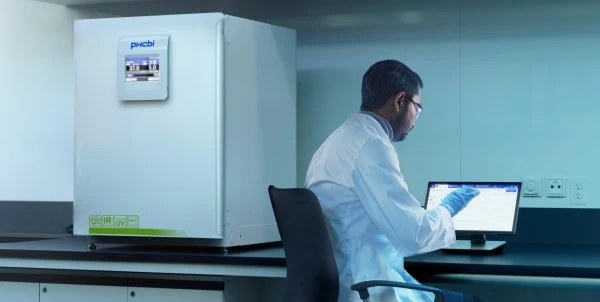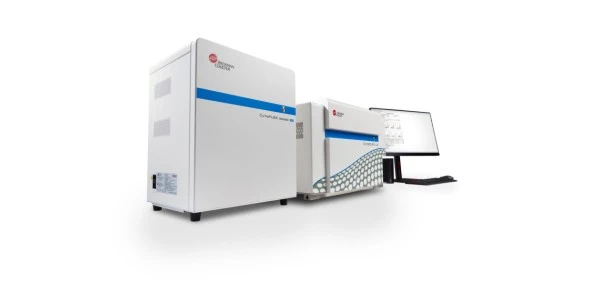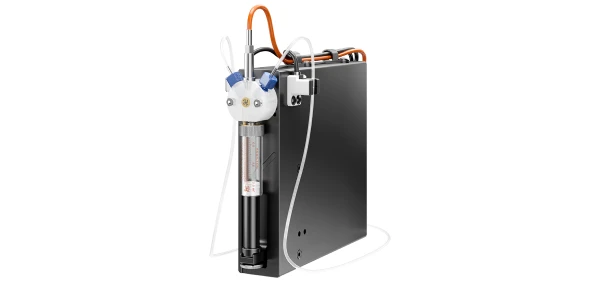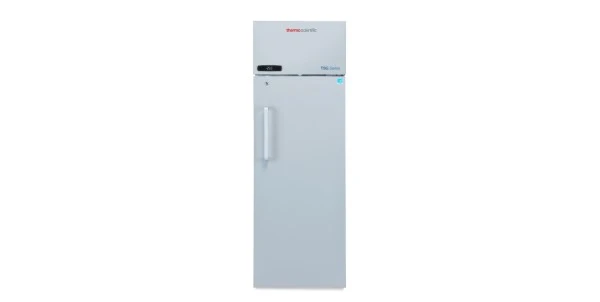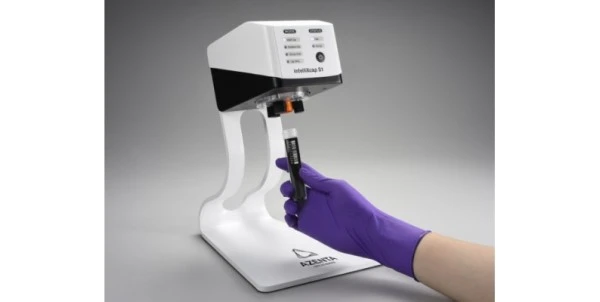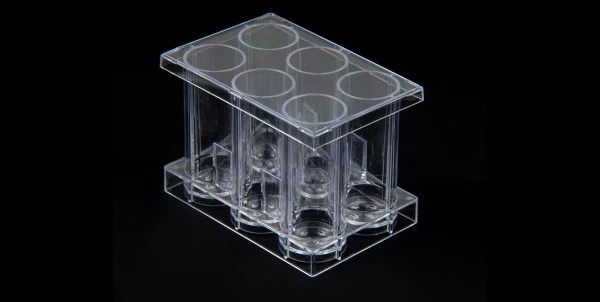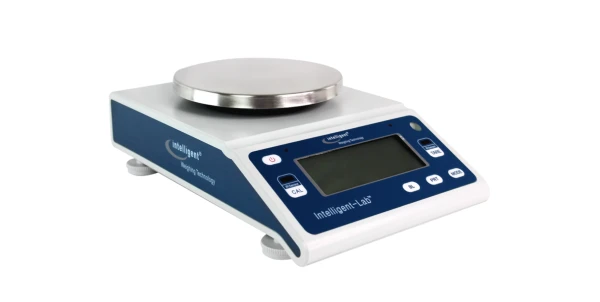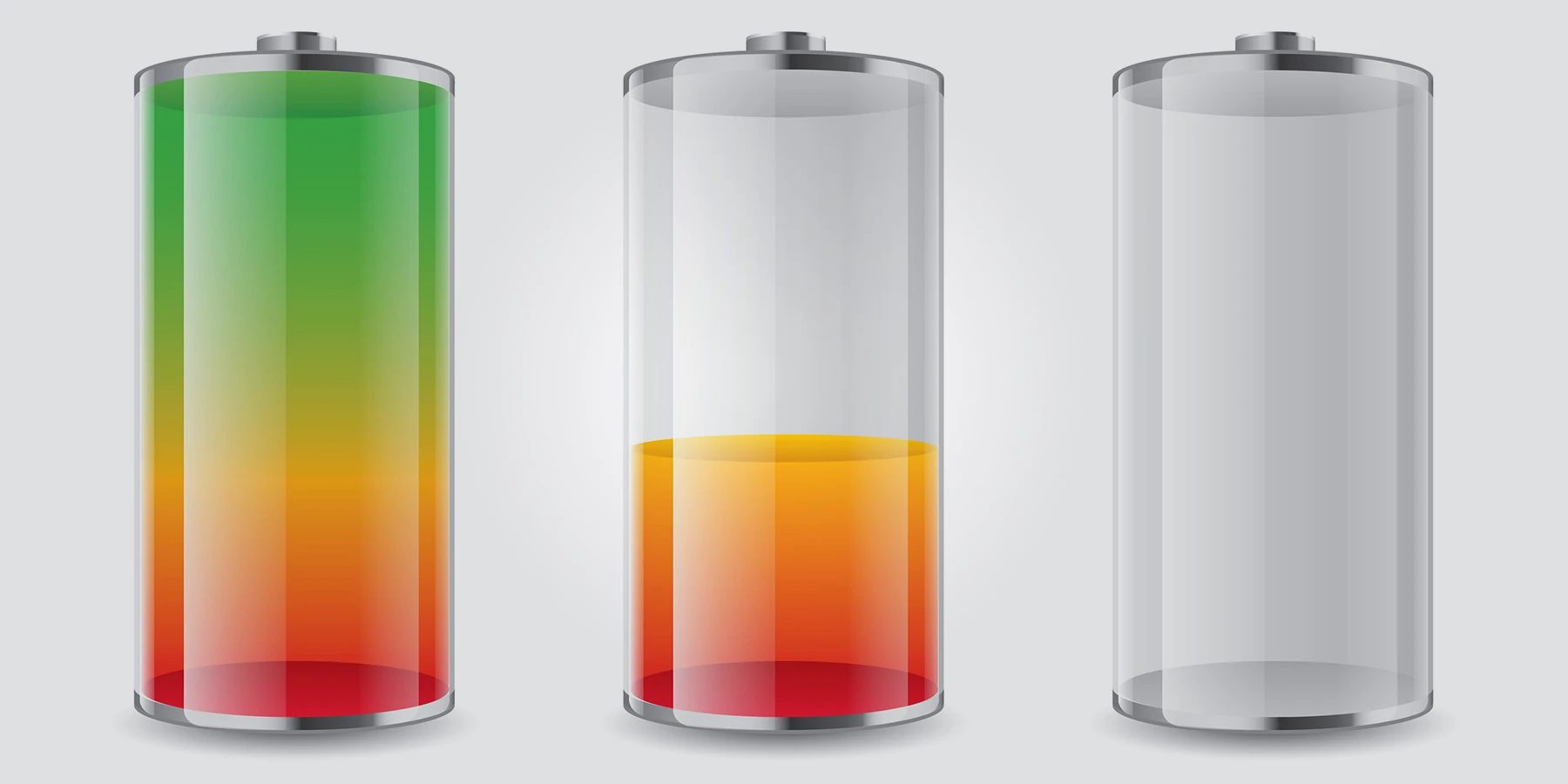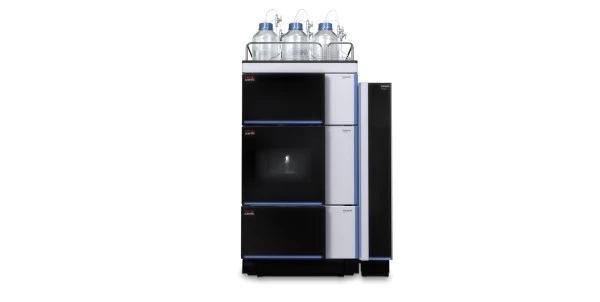New Products to Confront the Growing Challenges of Food Safety and Testing
The world of food safety and testing has witnessed a challenging year from a public health perspective
- In response to the COVID-19 pandemic, food processors and handling companies are reviewing safety guidelines and precautions. At the forefront are discussions on how to keep employees safe while also maintaining a reliable food supply.
- The FDA has recently proposed a new Food Traceability Rule meant to increase transparency in food supply chains. The “Requirements for Additional Traceability Records for Certain Foods” proposal seeks to establish record keeping for foods such as leafy greens, fresh fruit and vegetables, fish, eggs, and butter. The response comes in the midst of increasing foodborne illnesses in these areas.
- A more comprehensive program, the Food Safety Modernization Act (FSMA), targets the nations food supply in general, focusing on foodborne illness prevention on a national scale – a problem that affects 1 in 6 Americans or 48 million people yearly.
- The USDA is helping on the quality control front as well, proposing strengthened oversight and enforcement of the production, handling, and sale of organic agricultural products. This is just a sliver of the many programs in motion to address food quality and safety at the federal level.
- Global initiatives, such as the Global Food Safety Initiative, aim to understand many aspects of food production, from supply chain disruptions to changes in consumer priorities. These are undoubtedly important issues to watch amidst this global pandemic.
Several new platforms have recently launched for foodborne pathogen analysis and prevention. Technologies such as these may offer promising solutions to the growing body of food safety challenges.
Bio-Rad pioneered the innovative Droplet Digital PCR technology which uses microfluidics to perform highly sensitive DNA identification on a massive scale. The subsequent implementation of the technology for food testing applications may broadly impact the industry.
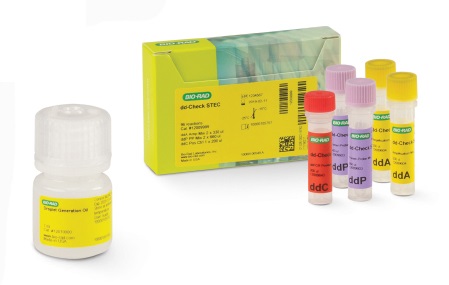
The Bio-Rad dd-Check STEC kit provides a way to detect and confirm linked virulence genes associated with foodborne pathogens. The solution also allows discrimination between true positive and true negative EHEC samples thus boosting detection specificity for EHEC, a highly-virulent subtype of STEC.
Shiga toxin-producing Escherichia coli (STEC) is the main causative agent of pathogenic E. coli outbreaks and foodborne illness in the US. Strains of E. coli typically live in the intestines of humans and livestock, however, some strains producing Shiga toxin (STEC) can proliferate and contaminate foods, particularly raw or unprocessed items.
Positive detection of the Shiga toxin 1 (stx1) and Shiga toxin 2 (stx2) offers the best methods for identification of virulent versus non-virulent strain types. The highly pathogenic subset of STEC , Enterohemorrhagic Escherichia coli (EHEC), can appear in a variety of food matrices and cause much more significant illness.
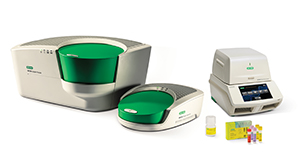
Food contaminated with bacteria carrying both stx (STEC) and eae (EHEC) genes can be difficult for many testing platforms, particularly at low to single bacterial cell numbers. The dd-Check STEC solution couples true, double-positive linked virulence gene detection with droplet digital PCR detection. In theory single bacterial cells can be detected and their pathogenicity characterized using the platform. Overall, the solutions offer high-specificity, high-sensitivity definitive detection, in a low-volume and easily scalable configuration. View more information here.
This dd-Check kit technology was built out from a portfolio of food testing solutions which include the iQ-Check kit RT-PCR solutions for analysis of pathogens ranging from Aspergillus spp to Salmonella and many others. View more information here.
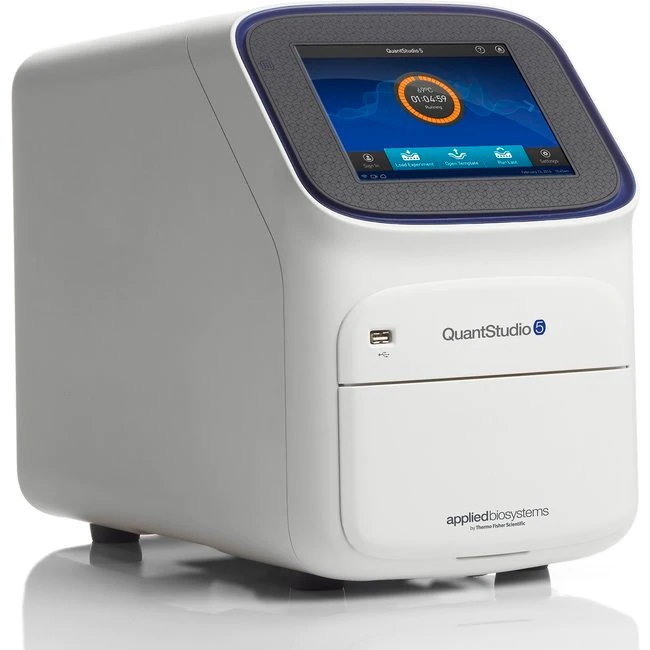
Thermo Fisher Scientific now offers the SureTect PCR Food Pathogen Testing Platform for rapid and accurate detection of foodborne pathogens. The system is based around RT-PCR using dedicated Thermo instrumentation, namely the Applied Biosystems QuantStudio 5 real-time PCR system. The method consists of three main steps - lysis, enrichment, analysis - which together offer a simple and streamlined workflow using a variety of food matrices.
SureTect kits are available for a variety of species including the new E. coli STEC identification and screening assays, among many other foodborne pathogens. Using the QuantStudio 5 RT-PCR system, several hundred samples can be processed per day, with over 700 tests in an 8-hour shift. Advanced capabilities such as cloud-based data sharing and analysis make the system versatile for a wide range of different lab testing environments. Agricultural, environmental, as well as food processing labs can all benefit from the technology. View more information here.
Outlook
As the world enters a post-pandemic phase, the security and safety of food supplies will become challenges of even greater significance. Products like those described above, and others entering the market, leverage state-of-the art instrumentation to provide accurate testing of the highest sensitivity. The performance and robustness of these assays will become ever more important as testing measures are scaled up and disseminated to the many points of the food supply chain. We may find assurance that these advanced technologies will sound the alarms well before contaminated foods make their way to our tables and forks.
View the Growing Trends in Food Safety and Testing Interactive Infographic
